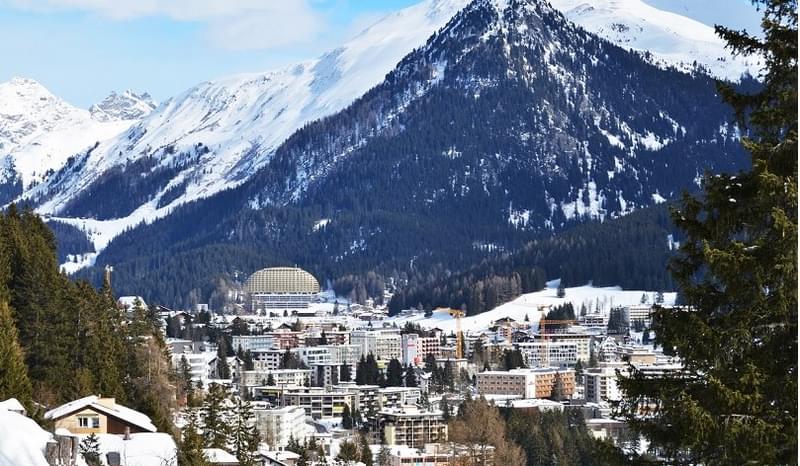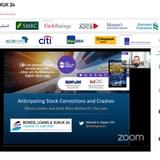There were noticeable absences from this year’s festivities, like German Chancellor Angela Merkel, and French President Francois Hollande; it would also be the first time the most important power players in the world would meet after the two events that shook global markets to their core: Brexit, and the election of Donald Trump.
Neil Shearing, Chief EM Economist at Capital Economics, said Trump - and the implications his “protectionist” agenda will have on free trade and globalization - dominated the discussion.
“Everyone is trying to make sense of what a Trump’s presidency will mean to the world, and I don’t think they reached any conclusions, “the economist said.
The main protagonist this year was Chinese president, Xi Jinping, who became the first Chinese leader ever to speak at the WEF – and addressed this topic head-on.
During his hour-long intervention, Jinping linked protectionism to “locking oneself in a dark room” in the hopes of protecting oneself from danger, but in so doing, cutting off all “light and air.”
He also warned about a possible showdown between the US and China: “No one will emerge as a winner in a trade war,” he said, with former US vice president Joe Biden observing from the audience.
While China was the main attraction, other emerging market representatives in Davos also spoke out against Trump’s agenda.
Argentine Treasury Minister Nicolas Dujovne was keen to highlight lessons learned from a decade of populism that battered his country's economy and dramatically increased poverty. "The experiment of trying to avoid competition, avoid the process of openness ... was not good for Argentina," he said during a panel discussion.
Others quickly joined in. “The African continent's position is: don't damage trade,” South African Finance minister Pravin Gordhan said during another discussion with leaders. “Don't damage the growth potential in developing countries which is crucial to inclusivity.”
Rejecting Populism, Inequality and Supporting the Environment
Emerging markets in general, and China in particular, have been the primary beneficiaries of globalization and will be the most harmed by a new “isolated” US.
The rise of populism in Europe, income inequality and the environment were other key topics discussed during the conference.
During a panel, IMF head Christine Lagarde said that dealing with economic inequalities will be the best defence against growing extremist movements.
“With ... more equality and much more transparency I think you have the [better] ingredients of what is identified now as the crisis of the middle class in the advanced economies,” Lagarde said, urging world leaders to not “be resigned to taking the situation as it is."
On the environment front, Jinping also took the lead, defending the Paris Agreement, an agreement within the United Nations Framework Convention on Climate Change (UNFCCC) dealing with greenhouse gases emissions mitigation, adaptation and finance, which comes into force in 2020. He seemingly aimed some of his comments at the recently elected US President, who had during his campaign flirted with walking away from the deal.
“The Paris Agreement is a hard-won achievement which is in keeping with the underlying trend of global development. All signatories should stick to it instead of walking away from it as this is a responsibility we must assume for future generations.”
The WEF ended with more questions than answers, as the world prepares for a potential shift in the balance of powers not seen since the end of the Cold War.









